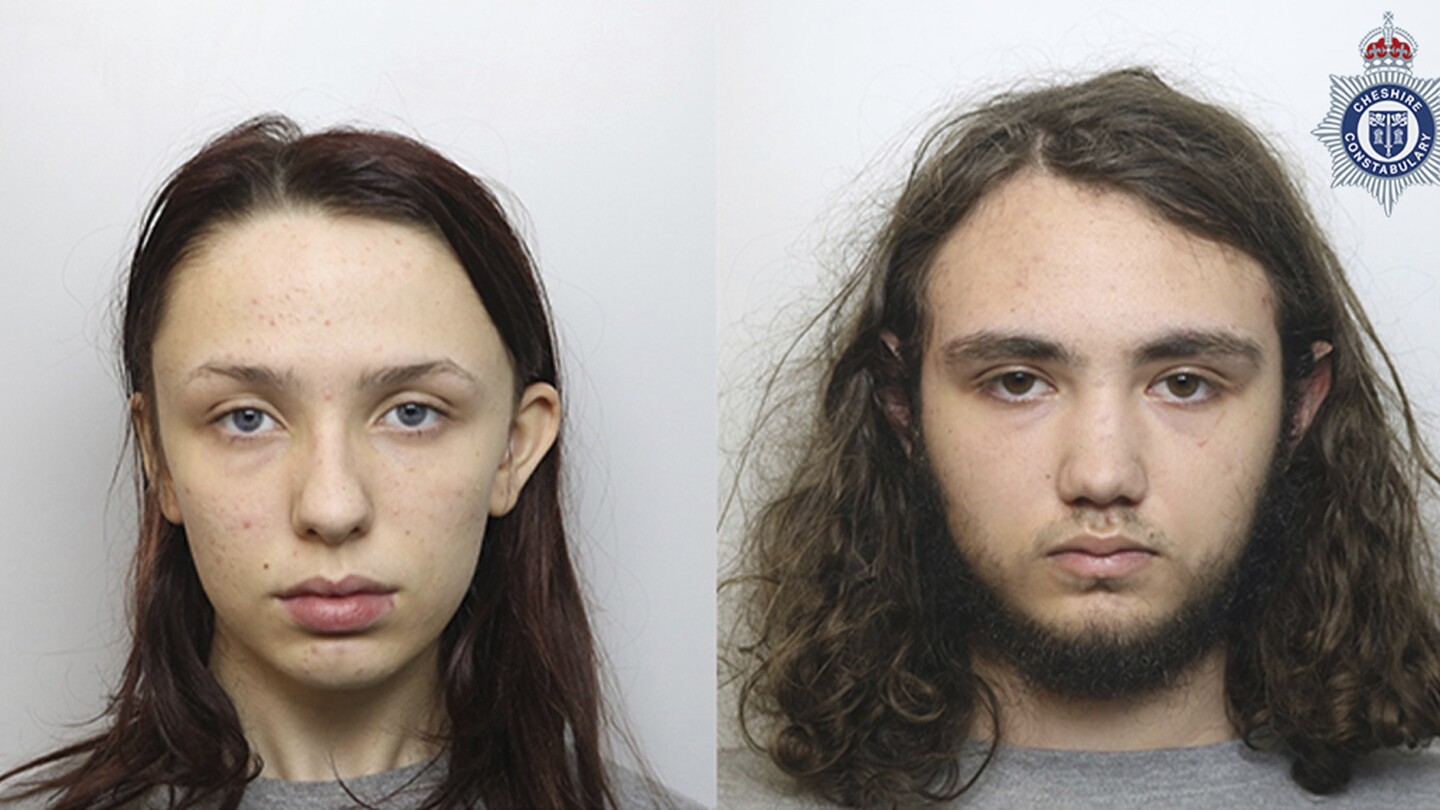Justice Amanda Yip lifted the reporting restrictions on naming the killers of 16-year-old Brianna Ghey. They were identified at Manchester Crown Court as Scarlett Jenkinson and Eddie Ratcliffe.
The horrific murder shocked the nation. Ghey was stabbed with a hunting knife 28 times in her head, neck, chest and back in broad daylight after being lured to a park in the town of Warrington on Feb. 11, 2023.
Yip handed Ratcliffe and Jenkinson a mandatory life sentence, and ordered them to serve a minimum term of 20 and 22 years, respectively, before they could be eligible for parole. If they had been adults — over the age of 18 — they would have faced much longer minimum terms. They will be transferred to adult prisons when they turn 18. Neither showed no visible reaction on being sentenced.



They’ll be on licence for the rest of their lives following that though. The minimum term on a life sentence is just the custodial part.
on licence. right, what’s that, then? will they have any other sort of restrictions once they get out at minimum 36?
The 20 years is the minimum time they’ll do in prison.
After the 20 years they’ll be eligible for parole. If, and only if, the board decides that it’s safe for them to be released will they do so.
If they are released they will be in license. This means they are subject to prison recall without trial should they pose any risk to the public. The license may also impose additional restrictions such as regular therapy appointments, restrictions on leaving the country etc. These conditions will be imposed for life. Breaking any of these restrictions would also result in a recall to prison.
If the parole board decides that it’s not safe to release them, then they’ll remain in prison. They may very well remain in prison for their entire life.
heh. TIL. thanks for that!